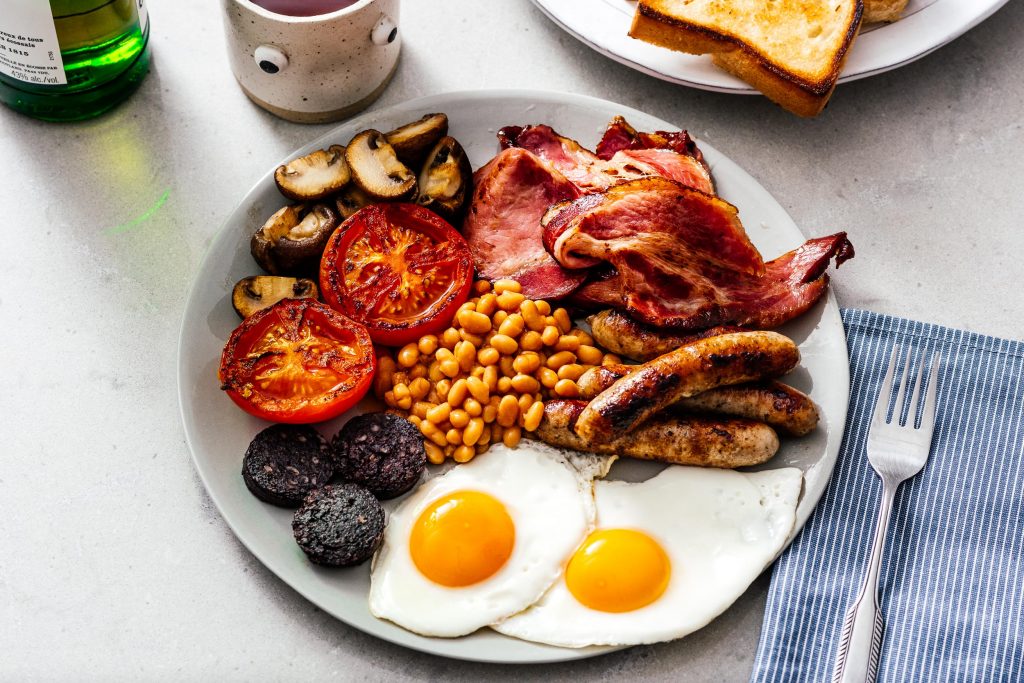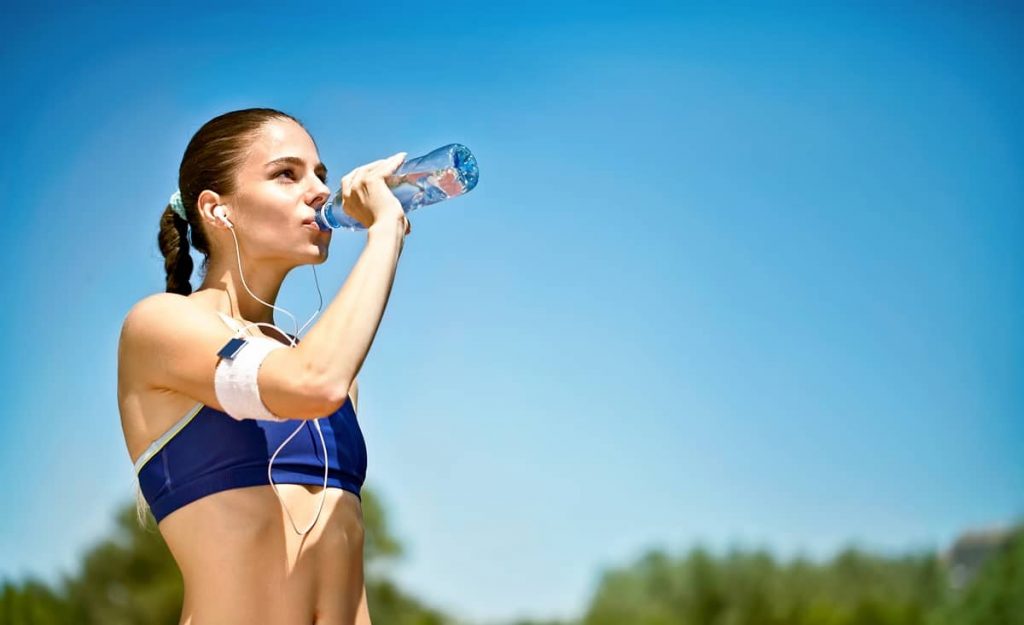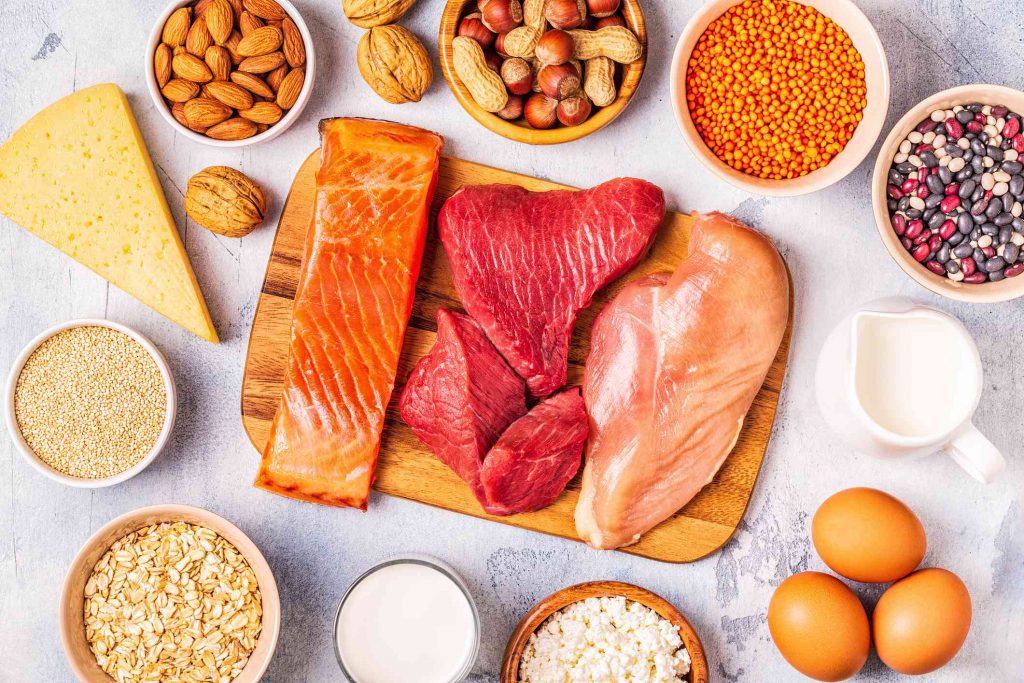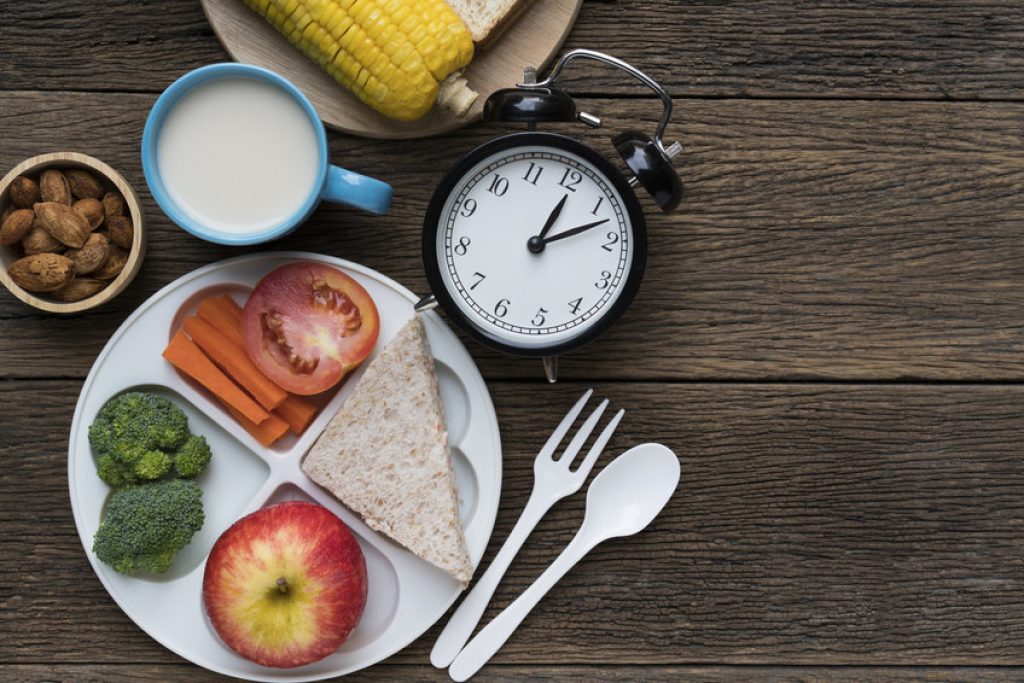
Being an athlete is not an easy task. It involves many things including physical activities, a balanced diet, and even a suitable eating routine. The eating habits of pro athletes are not similar to general people. They may have a purpose for each meal that has an effect on their performance. In this article, we are going to share the eating rules of an athlete.
Table of Contents
Why Do Athletes Need to Eat Differently?

img source: aaptiv.com
The relationship between food and athletic performance is like legs and shoes. If you choose the right pair, then you can walk comfortably. Likewise, when an athlete takes an appropriate diet based on his need, the performance should be greatly improved. So, modifying the old diet is a common practice among athletes.
Professional athletes don’t take food only to satisfy their hunger. Their diet chart should be full of essential and nutritious foods that truly help them in athletic performance. For this reason, it is often seen that some athletes maintain a very strict diet. Rather than the taste and satisfying the hunger, they focus more on the nutritious value in food.
During planning a diet chart for an athlete, one must reflect on the type of sports, particular performance goals, and personal desire. It must be confirmed that their eating habits will provide sufficient energy during the competition. Moreover, the food should be supportive to help them maintain healthy body weight and recover muscle breakage. For all these reasons, the eating habits of athletes are far different than ordinary people.
Eating Rules to follow as an athlete
In general, an athlete remains under strict observation before a competition. It is quite easy for him to maintain a proper diet with the guidance of a coach at that time. But, athletes should be self-dependent about their eating habits so that they can continue the same routine outside of the gym. There is nothing complicated. You can simply follow some rules advised by nori01.com.
1. Never skip breakfast

img source: iamafoodblog.com
A very common bad habit among people is to skip breakfast a few times. Some of them feel weird about taking food too early; others skip it for the sake of saving time in the morning. When you are starting your journey in athletics, kick the bad habit out forever. It is found in several studies that breakfast is not only the first meal of the day but also the most important one. A nutritious breakfast provides essential energy and fuel to start a healthy day for an athlete. It also prepares your body to train hard at the beginning of a day. So, take your breakfast at any cost.
2. Don’t train on an empty stomach
It’s a widespread belief that working out on an empty stomach is good for health. The conception is partially true. Empty stomach exercise can help you lose weight fast. But, athletes train hard for improving their performance, not to lose weight in general. Exercising on an empty stomach may have a negative impact on your performance. It may make you feel a lack of energy. Besides, some common complications like shaky hands, nausea, and feeling lightheaded may occur during training. Taking a snack before training is a good practice to avoid such intricacy.
3. Drink to stay hydrated

img source: healthylivingdaily.net
Don’t drink liquids just to satisfy your thirst. Drink to keep you hydrated all day long. Athletes always have to be aware of dehydration because it is life-threatening in a few cases. Lack of sufficient liquids in your body may affect your performance, even your organs badly. That’s why endurance-based athletes like distance runners are often seen to sip water from the bottle during running. A common mistake of beginners is to drink water only when they feel thirsty during the workout. It also influences overdrinking which is another difficulty. You have to balance it by drinking after a certain duration.
4. Add carb to your diet
Athletes need the energy to continue their physical activities. Carbohydrate is the primary source of fuel that keeps them energized. When you train hard, your body turns glycogen into energy to keep your move. Your body is designed to get energy from carbs as fast as possible. For this characteristic, the ingredient of the food is essential for all kinds of athletes. Athletes of endurance-based sports may need an additional source of carbs. So, they are often seen to take energy gel, sports drink, and fruit juice before, during, and after the game. Carb is often neglected due to some myths. However, you need it for better performance.
5. Take sufficient protein

img source: verywellhealth.com
Protein is another essential substance to include in athletes’ diets. It doesn’t provide direct energy like carbs. But, it is quite important for muscle wellness. Protein helps to activate your metabolism. The TEF effect of protein is much better than carbs and fat. Muscle loss is a well-known risk for athletes like long-distance runners. If you take sufficient protein, it helps to maintain as well as grow muscles. Eating a protein-rich diet may also help to recover from injuries. So, based on your sports, take adequate protein to keep your muscles active.
6. Don’t avoid fat
People fear fat because it will make them chubby, they believe. On the other hand, fat is an essential substance that supports an athlete when he lacks carbs for energy. Healthy fat, also known as unsaturated fat, is highly recommended to eat. You can get such healthy fat from fatty fishes, nuts, olives, and other suggested foods.
7. Take the last meal early

img source: bryantarchway.com
This is a particular practice that many athletes follow. They take the last meal 3 to 4 hours before bed. The purpose of eating supper earlier is to digest the food well so that they don’t hamper sleep. Besides, you can take natural and quality foods as the last meal like fruits, vegetables, yogurt, etc.
All these tricks are generally advised to athletes. But, athletes from particular sports may have different needs. Before you follow any diet and eating routine, always consult with your coach and physio.







